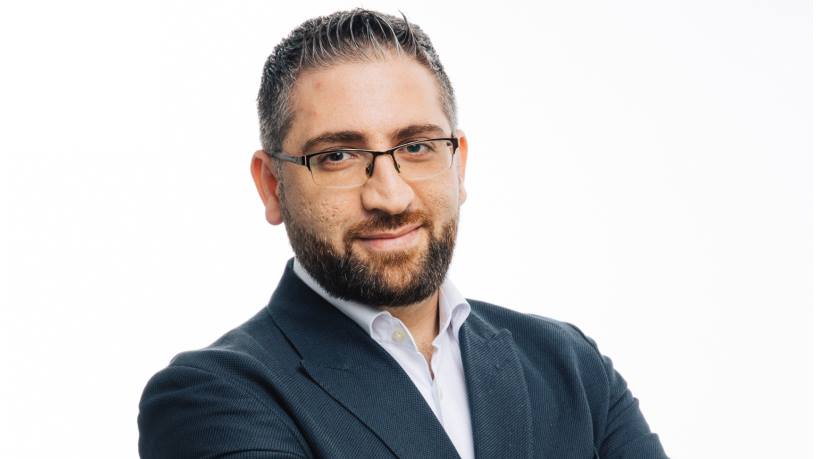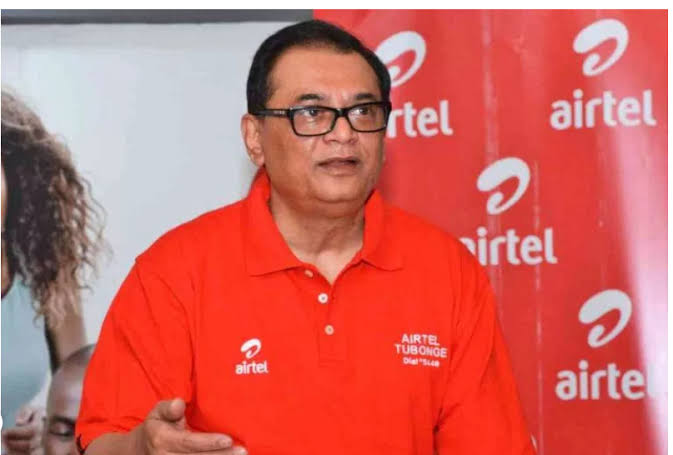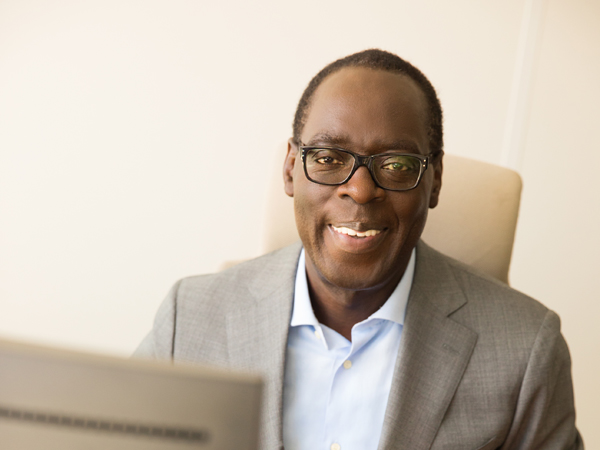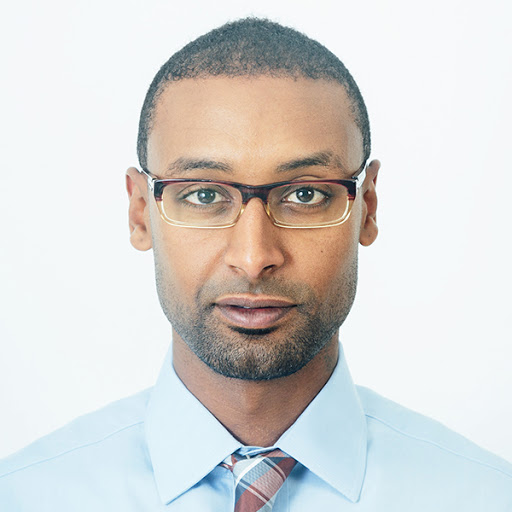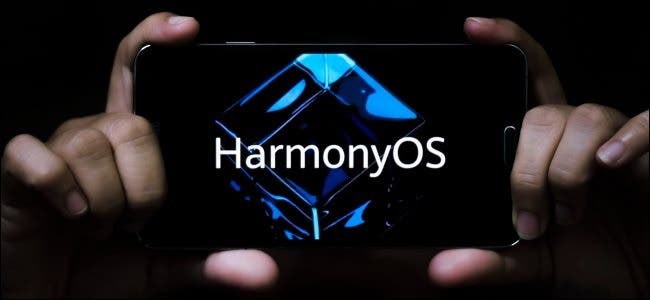ICT Experts Identify the Top Three Security Threats in Africa
As the world grows closer and closer into a global village with several interconnected dots, ICT experts have warned that while there has been an overall decrease in certain malware cases across sub-Saharan Africa, the human cyber threat, however, remains rife and Africa is not immune to the evolving techniques of Advanced Persistent Threats (APTs), as well as the possibilities of being a future target of hacking-for-hire threat actor groups.

Kaspersky research has found that globally, APT groups are evolving their techniques and are upgrading their toolset to continue stealing sensitive information. Furthermore, there has been a rise of hackers-for-hire or cyber mercenaries during the first two quarters of 2020. In fact, three cyber mercenary groups have been exposed across the world this year alone.
Read also:How Huawei Plans to Invest $60M for Technology Park in Angola
As this activity has taken place outside of Africa, it’s suspected that these types of actors may have been somewhat forgotten and do not necessarily form part of cyber defence strategies. However, the region may become a focus of these groups in the coming months and thus, businesses and entities need to have an understanding of these emerging threats, along with the threat of APTs, to be prepared and take proactive steps towards effective cybersecurity.
Hackers-for-hire or cyber mercenaries do not necessarily have monetary motivations like traditional cybercrime. Instead, they steal private data to monetise it in a different way – usually for the purpose of providing advice or insights, based on the data, to share the value of a competitive advantage.
Read also:Over 254,000 Moroccans Are Registered for Social Security in Spain
For example, a bank might get targeted and have its data analysed to gain an understanding of its market exposure, clients, and back-end systems. A competitor can use that to gain significant benefit. The reality is that in this evolving cyberthreat landscape, no company or government institution can consider themselves safe.
In South Africa, Kenya and Nigeria, APT groups are exploiting the current uncertainty around COVID-19 to steal sensitive information. More sophisticated techniques have emerged that delivers malware in non-conventional ways.
While overall malware attacks in South Africa, Kenya and Nigeria decreased during the first two quarters of 2020, certain malware types, such as the STOP ransomware, are proving increasingly popular for certain cybercriminals. The same applies to financial malware in South Africa and Nigeria as examples.
Read also:Women Account for Only 20% of the Cybersecurity Workforce
So, even though it decreased in these countries, certain financial malware types are gaining in popularity thanks to their unique techniques which these groups are exploiting to monetise data. This emphasises that attacks are becoming more targeted and at specific companies, in specific regions and for specific purposes.
The top industries under attack in Sub-Saharan Africa in H1 2020 include government, education, healthcare, and military. While government and military present compelling – and obvious – targets, education and healthcare are often used as pivot points to gain access to other institutions. Sometimes, an entity is a victim while other times it is the target.
The top three threat actors in these regions in this regard are said to be TransparentTribe, Oilrig, and MuddyWater.
Read also:SimpliConnect Vows to Change Internet Experience in South Africa
“The remainder of the year will likely see APT groups and hacking-for-hire threat actors increase in prominence across the globe. Africa will continue to see more sophisticated APTs emerge and we also suspect that the hacking-for-hire actor type could target companies in Africa in the future,” says Says Maher Yamout, Senior Security Research at Kaspersky.
“We also anticipate that cybercriminals will increase targeted ransomware deployment using different ways. These can range from trojanised cracked software to exploitation across the supply chain of the targeted industry. Data breaches will certainly become more commonplace especially as people will continue to work remotely for the foreseeable future while exposing their systems to the Internet without adequate protection.”
Kelechi Deca

Kelechi Deca has over two decades of media experience, he has traveled to over 77 countries reporting on multilateral development institutions, international business, trade, travels, culture, and diplomacy. He is also a petrol head with in-depth knowledge of automobiles and the auto industry

